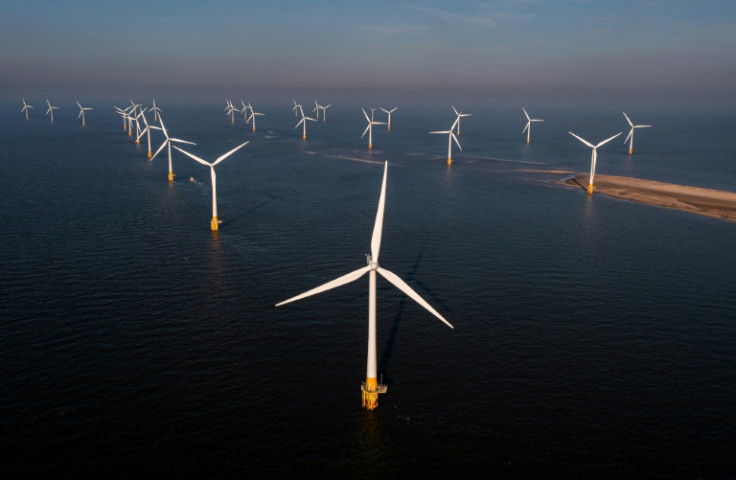
Britain's green economy grew in 2023 to buck a broader recession, a report showed Tuesday that urged politicians heading into a general election to stick by climate-friendly investments.
The UK's "net-zero economy" -- from electric cars to carbon capture and renewables like solar and wind power -- increased nine percent to GBP74 billion ($94 billion) year-on-year, said the study by think-tank Energy and Climate Intelligence Unit in conjunction with business lobbyists CBI and The Data City research group.
The overall British economy slipped into recession in the last six months of 2023, according to official data.
"Against the backdrop of economic stagnation, the net zero economy is bucking the trend," said ECIU director Peter Chalkley.
"Thousands of jobs depend on net zero... right across the country.
"The question now is will political parties provide the leadership, stability and investment needed to generate further growth or shy away from the global race for net zero?" Chalkley questioned.
The Conservative government's long-standing target is to achieve net zero carbon emissions for the UK by 2050.
The Tories, however, are widely predicted to lose power to the main opposition Labour party in a general election expected this year.
Tuesday's report added that net zero businesses, supply chains and employee spending together totalled 3.8 percent of Britain's GDP last year, supporting hundreds of thousands of jobs.
"The UK's transition to net zero brings immense opportunities for our economy," said CBI chief economist Louise Hellem, urging more sector investment in the government's budget update next week.
"It's clear that action is required to grow our net zero economy" further, she said, calling on British finance minister Jeremy Hunt to establish a "net-zero investment plan" in his latest tax and spending plans.







